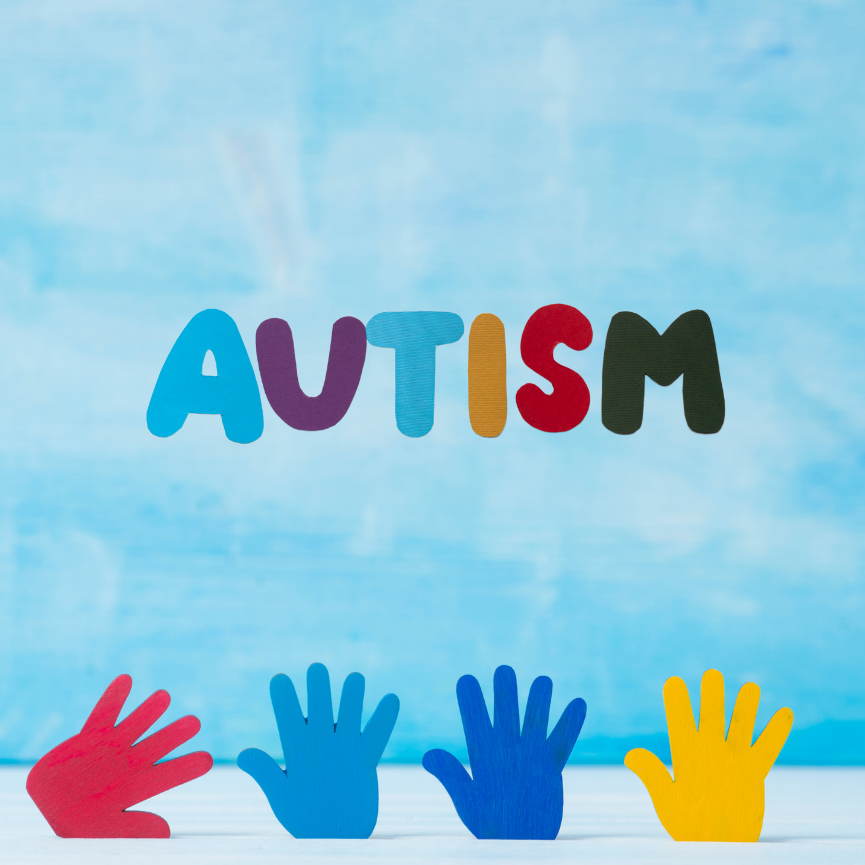
- Jun 18, 2024
- 184 Views
- 0 Comments
Prevalence Of Autism: Comparing Global And Indian Data
Prevalence of Autism Globally and in India: A Comprehensive Overview
Autism Spectrum Disorder (ASD) is a complex neurodevelopmental condition that affects individuals worldwide. Accurate data collection on the prevalence of autism is crucial for effective policy-making, resource allocation, and the development of support systems. However, inconsistent diagnostic criteria and unscientific data collection methods, coupled with insufficient awareness and knowledge, have resulted in inadequate and inaccurate data on the prevalence of autism in India and globally.
Challenges in Data Collection
One of the primary issues in collecting accurate data on autism is the irregular diagnostic criteria used across different regions and studies. This inconsistency leads to varying estimates and makes it challenging to obtain a clear picture of autism's prevalence. In India, the problem is exacerbated by the limited regional sample sizes in surveys and research studies, which do not cover the entire autism community. Additionally, the stigma associated with mental illnesses, including ASD, discourages parents from disclosing their child's condition, further skewing the data.
Unsystematic and underestimated data fail to reduce stigma and cannot create an inclusive environment for autistic children in education, work, or among peers. This adverse setting hinders timely medical intervention and social support. Furthermore, the diversity and dense population of India make it difficult to implement a uniform data collection method. Consequently, policy-making for effective intervention programs and the dissemination of accurate information are affected, often resulting in inadequate resource allocation by the government.
Global and Indian Prevalence of Autism
The World Health Organization (WHO) estimates that 1 in every 160 children worldwide has Autism Spectrum Disorder. In India, various studies have presented figures ranging from 1 in every 100 to 1 in 250 children. It was estimated that 18 million people in India would be diagnosed with ASD in 2022, a number that is rapidly increasing. The global prevalence of autism has risen at an alarming rate of 178 percent since 2000. Additional data reports indicate that around 30 percent of individuals with autism have difficulty speaking and communicating, 53 percent have sleep issues, about 7.5 percent experience anxiety, and 2.5 percent suffer from depression.
The Need for Accurate Data and Research
Given the rising trend of autism's occurrence, there is an urgent need for both qualitative and quantitative research in substantial numbers. Accurate data collection would not only aid individuals currently affected by ASD but also help in preventing symptoms in others. Comprehensive data would support the development of tailored intervention programs, enable better policy-making, and ensure adequate resource allocation.
Government and NGO Efforts
The government of India and various Non-Governmental Organizations (NGOs) are working towards the empowerment of children with ASD. Initiatives like the National Trust, established under the National Trust Act of 1999, and the Rashtriya Bal Swastha Karikram have taken significant steps in this direction. These programs focus on early diagnosis, intervention, and the inclusion of autistic individuals in mainstream society. However, much more needs to be done to ensure an empowered and dignified life for the autism community in India.
In conclusion, the prevalence of autism is increasing both globally and in India. Irregular diagnostic criteria, unscientific data collection methods, and societal stigma contribute to the inadequate collection and presentation of accurate data. There is a pressing need for comprehensive research and accurate data collection to support effective policy-making and resource allocation. Government and NGO initiatives are steps in the right direction, but continuous efforts are required to create an inclusive and supportive environment for individuals with autism.
References
- The Recovery Village - Autism Statistics
- Talk About Curing Autism (TACA)
- Zeidan J et al. Global prevalence of autism: A systematic review update. Autism Research, 2022 March.
- UN Academic Impact - Recognizing the Rights of People with Autism
- Ambitions ABA - Autism Statistics
- National Autism Association - Autism Fact Sheet
- Economic Times Health - Autism in India



Comments - 0 comments till now